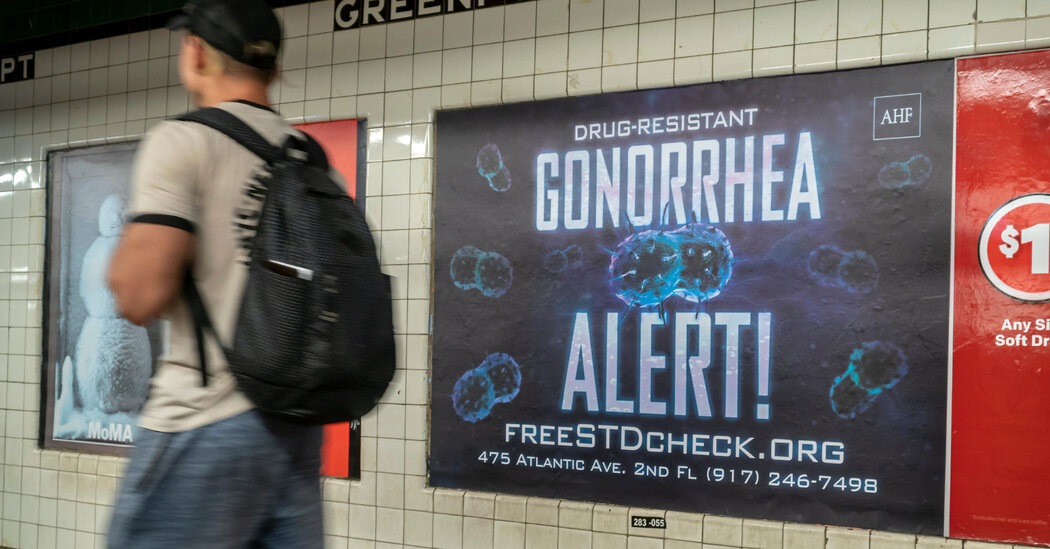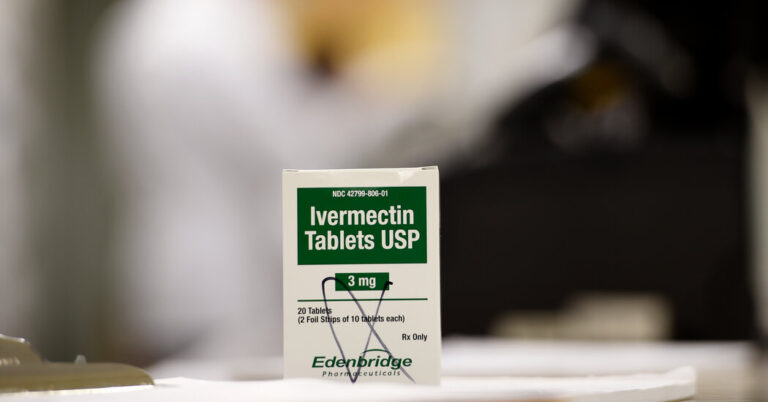Drug-resistant gonorrhea is an urgent health threat worldwide. The US has lost its ability to detect it.
Among those fired are 77 scientists who analyzed gonorrhea samples from labs nationwide to track drug resistance.
Around 1,000 unprocessed gonorrhea and STI samples remain, and the agency had about 30 freezers prepared to store the samples.
The lab had archived about 50,000 gonorrhea samples over 25 years, enabling scientists to track the pathogen’s evolution.
A new public health strategy recommends treating gonorrhea within 72 hours of sexual activity to combat rising syphilis and chlamydia rates.
Monitoring gonorrhea resistance is crucial due to the rising use of doxycycline, an antibiotic which might increase resistance in the tetracycline class.
Studies suggest concern that widespread doxycycline use may increase resistance to the entire class of antibiotics.
Without the C.D.C, there will no longer be testing for drug sensitivity to gonorrhea due to only C.D.C. having the test.
Without C.D.C. scientists, it is unclear whether development of rapid syphilis tests using the agency’s samples will continue.
The fire of C.D.C. scientists may result in critical delays in tracking STI and gonorrhea resistance.
Source link




